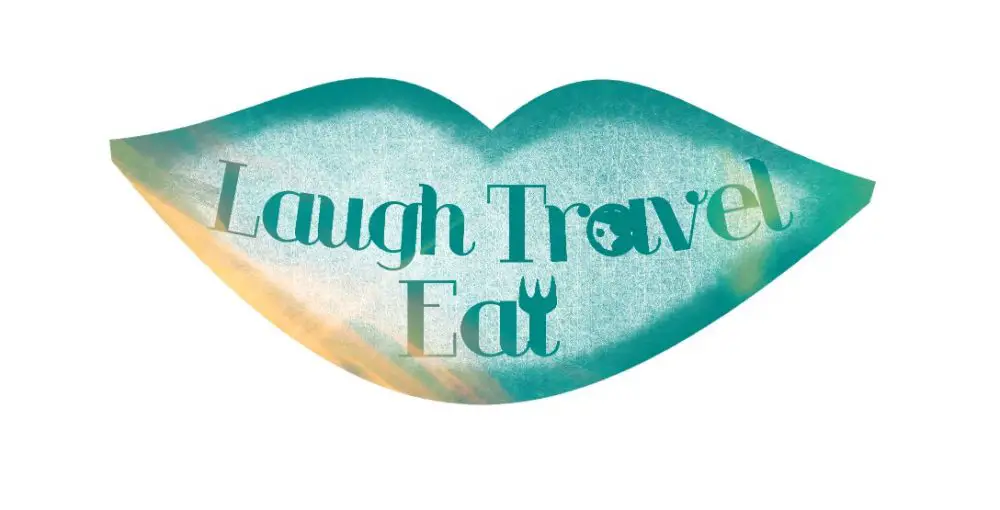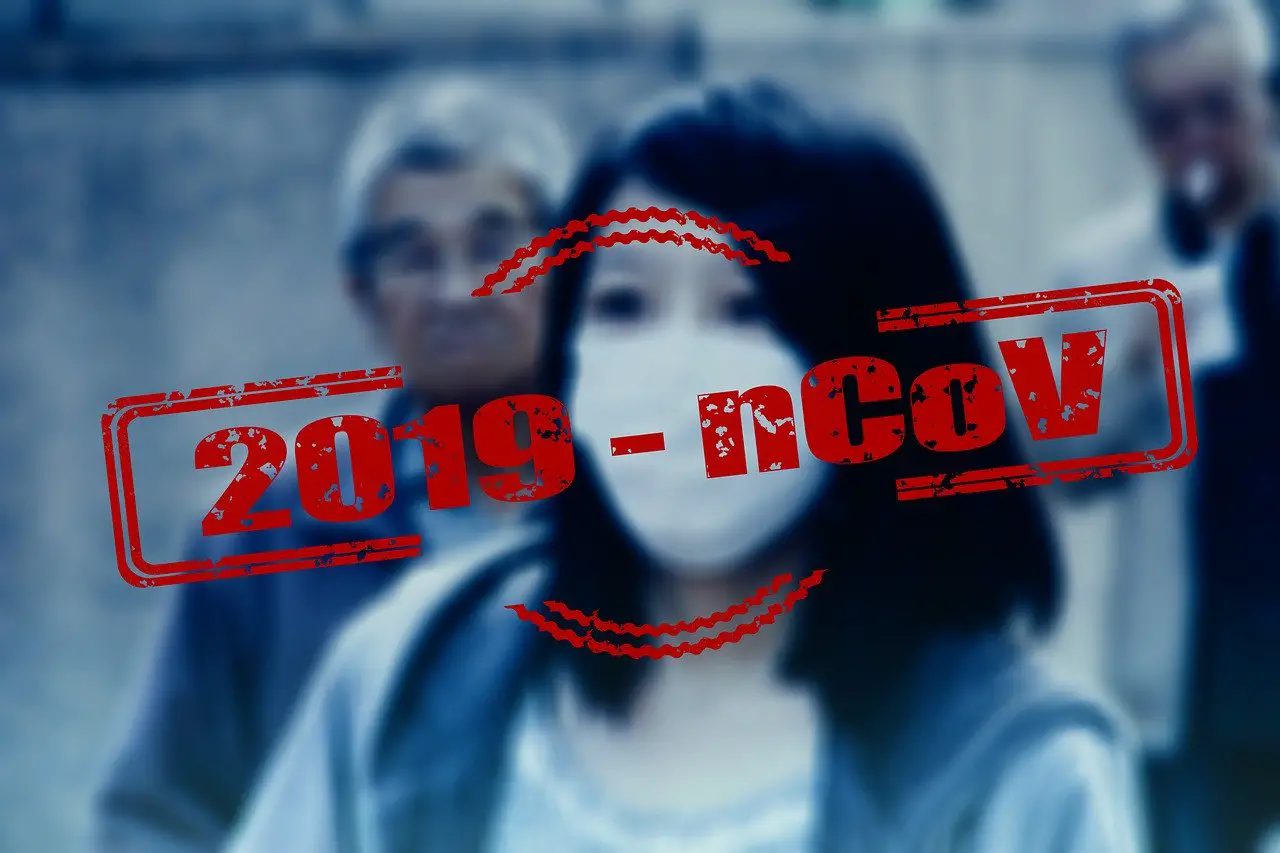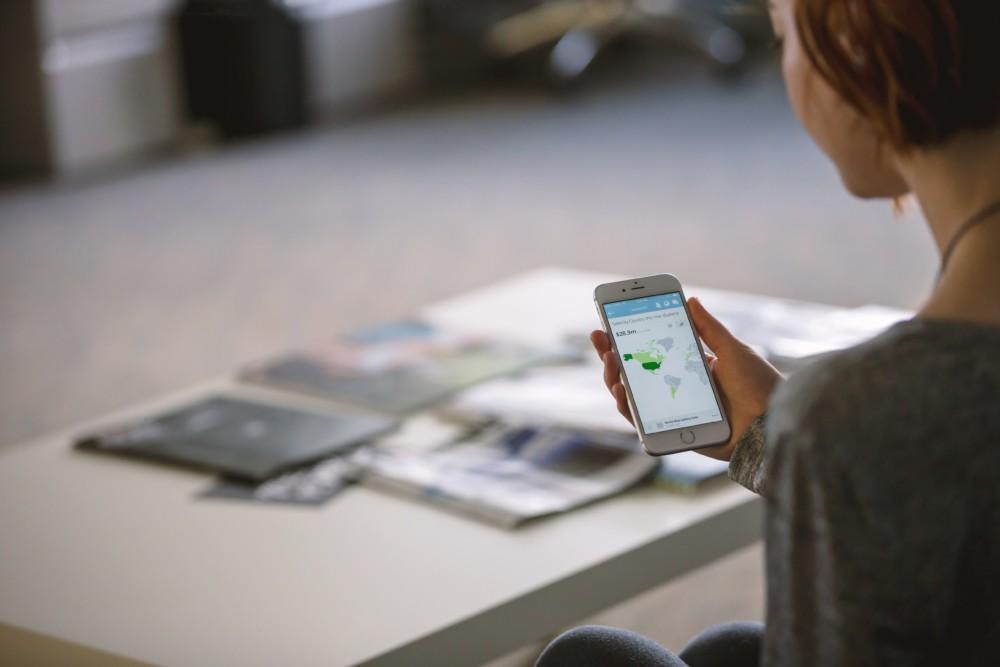The Coronavirus has become a source of fear all over the world, a virus believed to have been passed on from bats to humans that originated in Wuhan, China. With information circulating online in social media and Whatsapp, many of which are false and unverify causing mass hysteria, I want to put together a quick factual guide on the coronavirus and share it with everyone.
Note: I’ll link to reputable sources, but you should also fact check everything
What is coronavirus?
Designated 2019-nCoV, the first reported case of the coronavirus was believed to be in early to mid December, 2019 in Wuhan. According to an article by Life Science, the virus’ genome was sequenced and shows an 88% similarity to bats. Hence a bat origin is likely, although it is possible that another animal acts as an intermediate in passing the virus along.
Currently, the missing link might be Pangolin.

There is another theory, reported by the CCN, that the virus might be manmade at the virology lab nearby. There is another report by Washington News that supports this theory. However, it is more likely to be the former given how many scientists have been studying it.
How it spreads
Similar to SARS in many ways, the coronavirus is spread through droplets infection. Which refers to sneezing and coughing, hence why wearing a mask is crucial.

Most of the cases, immediately family are most at risk to one another, with cases of it spreading during large gatherings.
The common radius of the spread is 1-3m, and can survive on surfaces, which is why it’s important to wash your hands frequently. More on how to protect yourself below.
Incubation period
The virus can incubate for up to 14 days (2 weeks) before manifesting, which is why it has the opportunity to spread. But in a recent study reported by CNN, it is likely that those who do not display symptoms (however, mild symptoms might not be noticed doesn’t count) are unlikely to pass the virus on.
Symptoms
This article on the New York Times on the transmission is a great read, and symptoms here. It’s similar to the common cold, flu, and SARS:
- Headache
- High fever
- Runny nose
- Cough, sore throat
- Muscle pain
- Difficulty breathing
- Pneumonia
- sepsis/death
Death rate
Currently, the death rate is at 3%, which is similar to the common flu. The majority of those who had died are either elderly or people who suffered from other diseases. That said, the coronavirus has only been at large for over two months and many patients are still in the hospital, recovering. There’s also believes that China has been downplaying the numbers of infected and death.
You can check the worldwide infection rate and death rates here:
https://www.worldometers.info/coronavirus/#countries
It’s only in Chinese, but this website is great for all coronavirus info in HK:
How to protect yourself against Coronavirus
Wear masks

Surgical masks should suffice, which has an outer water repellent layer and a meltblown filter to stop germs. You can also wear N95, FFP1, but not fabric or foam as they do not stop germs. Here are some extra tips:
- You must make sure the mask is fitted properly otherwise it wouldn’t be effective
- Put in a clean, seal-able envelope when you take it off and want to use it again. DO NOT FOLD it and you should only hold it with the straps to avoid cross contamination
- When disposing, fold it 4 times and roll it up
Wash your hands frequently with soap

Soap is the most effective way to kill any germs. Wash your hands frequently and for 20 seconds each time. Especially before eating and touching your face.
Have disinfectant or alcohol wipes ready
The second best option from washing your hands is using this. It’s good to wipe your phones and frequently use electronics regularly.
Disinfect your shoes and outerwear

Have a rug or doormat that’s sprayed with disinfectant to clean the soles of your shoes on to stop germs from entering your home. Ideally, wear water repellent type of jacket that’s easy to clean.
Flush the toilet with the lid closed and add water

One of the ways SARS spreads quickly is through faeces and the sewage pipe. So make sure the U drain is topped with water and close the toilet lid when flushing.
Avoid visiting China

For now (6th Feb), the main risk of catching coronavirus is in China. So avoiding visiting China at all is the best solution. In terms of other places where the coronavirus has spread, the best action is to check the local news, especially their border policy with China right now.
Self-quarantine for 14 days if in doubt
If you are displaying any symptoms, or have been to China in the last 14 days, the best thing to do is to self-quarantine.
Avoid large gathering
Many of the cases are also from dining with an infected. So avoiding large gathering and eating with someone who’s been to China or show symptoms is the best thing to do.
Coronavirus in Hong Kong
Traveling to Hong Kong is currently not advised as the land border between China and Hong Kong are still open, as well as the international airport. Starting from 8th February 2020, there will be a mandatory 14 day quarantine for all those traveling from China to Hong Kong. So two weeks afterwards – 22nd February, should be safe unless further cases develop.
Delayed reaction from government

The public, in general, do not approve of the government’s lack of action and slow reaction. The hospitals have been inundated with cases from China, especially when the government decided to not close the border and offer free treatment. The medical staff has staged a strike to demand the border closing and increasing the risks of the hospital staff and citizens.
Many lied to the hospital about having been in China and refused to cooperate.
Mask shortage

We’re facing a shortage of surgical masks with no stock or control from the government. Many cannot leave home or end up not wearing masks. Many shops now refuse entry for those who are without a mask.
Schools and many public service has been suspended until March
The government refused to close borders but suspended school and leisure facilities and non-essential government staff until the end of February and March.
Most shops and restaurants are business as usual
Despite the circumstances, many businesses are open as usual. There is definitely a marked decrease in people out and about, but for the most part you can still get around, eat, and sight see.
Market hysteria

Because of the continual influx of people from China, many fear the chances of catching the coronavirus and start stockpiling food. Things are still being stocked, as the logistics of all resources is not halted, but for many disinfectant and masks, the prices have inflated to unprecedented levels.
Social Issues from Coronavirus
Xenophobia
Because the virus originate from China, it sparks a whole xenophobic movement towards the Chinese. There are two school of thoughts that I see:
- Chinese are disgusting and it’s because they eat random things we’re in this situation
- That’s absolutely BS and the Chinese Government is doing a fantastic job
Most are the former, but I have to say it’s a mix from where I’m standing in Hong Kong. Eating wild animals is not encouraged, but it’s done in MANY parts of the world. I was in Tanzania and there are tribes who eat monkeys and anything they catch. We get flu from chicken and pigs, viruses are part of the natural world and mutations can cause a jump to humans. It’s nobody’s fault that it starts, although limiting the eating of wild animals would certainly be helpful.
The Chinese government hasn’t done the best job, first with containing the news and allowing the virus to spread, then only guaranteeing entire cities when it gets out of control. Reports from Wuhan vary as people are isolated from one another, with some saying that it’s been handled wonderfully to families where members have died due to lack of healthcare and being turned away from hospitals. Most believe that the Hong Kong government is acting under the direction of China and shall forever remain open as a last port of escape for high ranking officials.
Travelling during Coronavirus

Even though the virus has made it to major cities around the world, depending on where you travel to you are still likely to be fine.
- Check with your embassy/travel advisory – here’s a round up by SCMP on current bans/restrictions
- Check the airline e.g. AirAsia has been cancelling flights, as well as American Airlines
- Wear a mask
- Disinfect your seat and surrounding area
- Avoid sharing a meal and use your own cutlery
Personally, I’ll still be heading to Thailand for my upcoming trip end of February. However, it’s probably best to limit long haul flight as it’s more likely you’ll be exposed to the virus if someone on board is infected.


 中文 (香港)
中文 (香港)
































